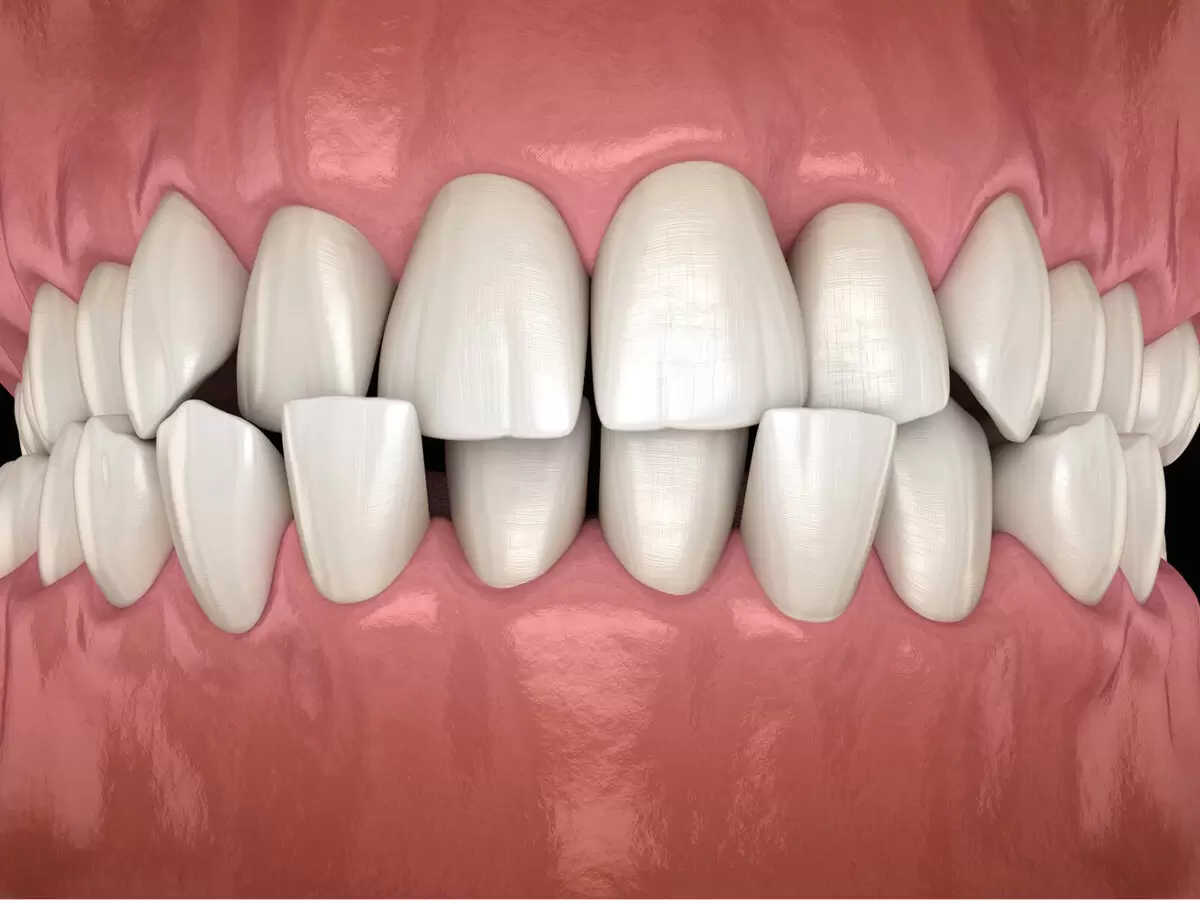Oral Care for Children: Nurturing Healthy Smiles from an Early Age
Instilling good oral care habits in children from a young age is essential for their overall health and well-being. By encouraging proper dental hygiene practices and adopting preventive measures, parents can help their children develop strong, healthy teeth and prevent common childhood dental issues. In this blog post, we will provide valuable tips and techniques for parents to ensure their children's oral care journey begins on the right path, setting the foundation for a lifetime of healthy smiles.
Start Early:
1. Begin Before the First Tooth: Even before the first tooth emerges, it's important to care for your baby's oral health. Gently wipe their gums with a clean, damp cloth after feedings to remove bacteria and prevent oral infections.
2. Introduce a Toothbrush: As soon as the first tooth appears, introduce a soft-bristled toothbrush designed for infants. Use a rice-sized amount of fluoride toothpaste to clean the tooth and gradually increase the amount to a pea-sized portion as they grow.
Encourage Proper Brushing Techniques:
1. Supervise Brushing: Until around the age of 6 or 7, children may require supervision and assistance with brushing their teeth. Ensure they brush for two minutes, twice a day, covering all tooth surfaces.
2. Demonstrate Proper Technique:
Show your child the correct brushing technique:
holding the toothbrush at a 45-degree angle, gently brushing back and forth in small circular motions. Encourage them to reach all areas, including the front, back, and chewing surfaces of the teeth.
Make Oral Care Fun:
1. Use Engaging Toothbrushes: Let your child choose a toothbrush with their favorite cartoon character or bright colors. This can make brushing time more exciting and encourage their participation.
2. Playful Apps or Songs: There are interactive apps and toothbrushing songs available that make oral care a fun and interactive experience for children. These tools can help them brush for the recommended two minutes while enjoying themselves.
Promote Healthy Eating Habits:
1. Limit Sugary Snacks and Drinks: Excessive consumption of sugary foods and drinks can contribute to tooth decay. Encourage a balanced diet with limited sugary snacks, opting for healthy alternatives like fruits, vegetables, and dairy products.
2. Offer Water Instead of Sugary Beverages: Water is the best choice to quench thirst and hydrate. Encourage your child to drink water instead of sugary drinks like soda or fruit juices, which can be detrimental to dental health.
Regular Dental Check-ups:
1. Schedule Regular Dental Visits: Routine dental check-ups are crucial for monitoring your child's oral health and catching any potential issues early. Plan for biannual visits to the dentist, starting from their first birthday or when their first tooth emerges.
2. Establish a Positive Dental Experience: Create a positive dental experience for your child by choosing a pediatric dentist who specializes in treating children. The friendly atmosphere and child-friendly approach can help alleviate any anxiety and make dental visits enjoyable.
Lead by Example:
1. Be a Role Model: Children learn by observing their parents' behaviors. Make sure to practice good oral care habits yourself, including brushing, flossing, and visiting the dentist regularly. By being a positive role model, you motivate your child to prioritize their oral health.
2. Brush and Floss Together: Make oral care a family activity by brushing and flossing together. This not only reinforces good habits but also strengthens family bonds.
Conclusion:
By implementing these tips and techniques, parents can guide their children towards excellent oral care habits and a lifetime of healthy smiles. Remember to start early, promote proper brushing techniques, make oral care enjoyable, encourage healthy eating habits, prioritize regular dental check-ups, and lead by example. By investing in your child's oral health, you provide them with the best possible foundation for a lifetime of optimal oral care and overall well-being.
.png?width=80&height=80&name=Clove%20Dental%20White%20Small%20(28).png)



